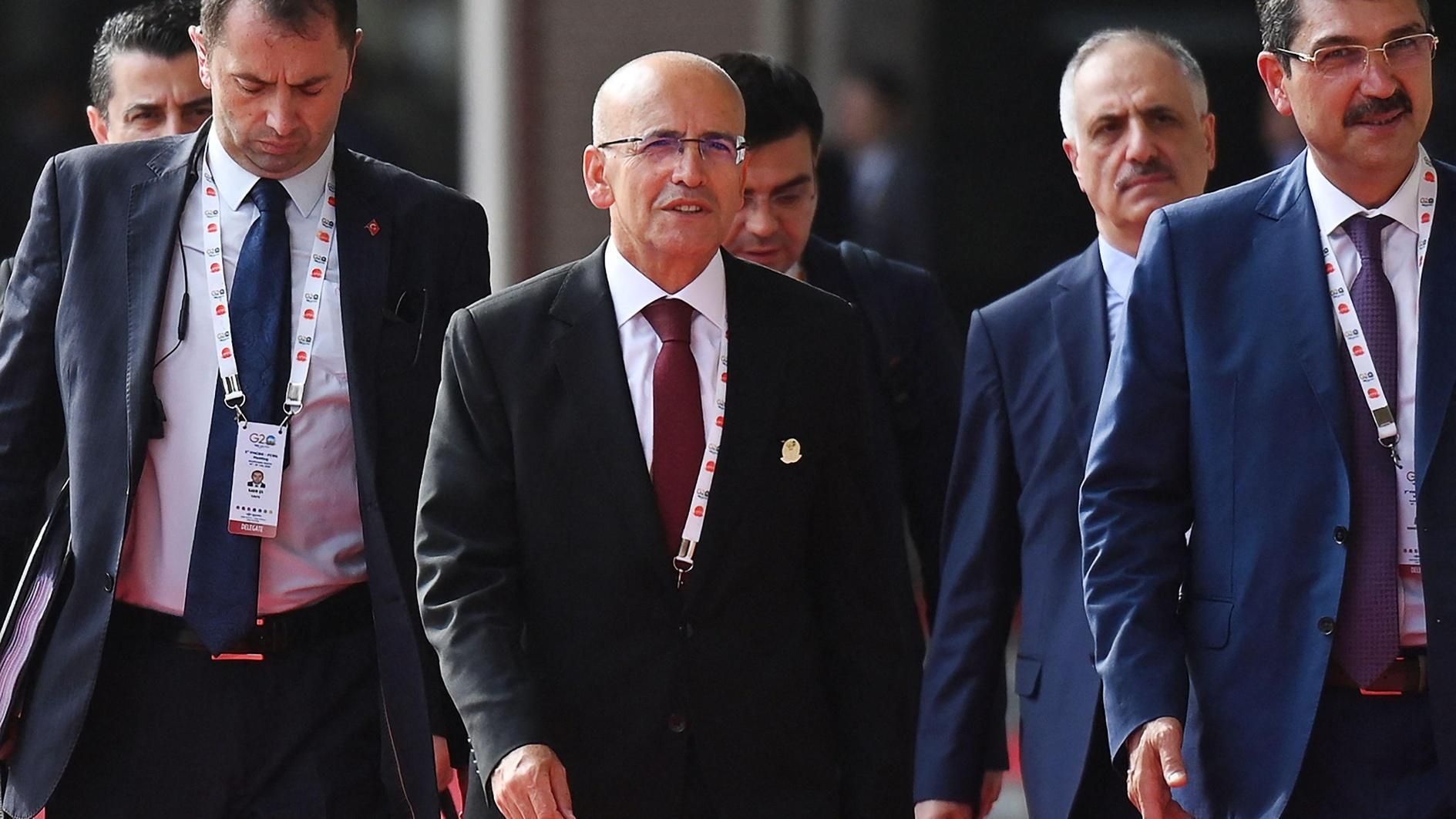Kurdish and German angles of Erdoğan-Gülen rift
Yes, there is a Kurdish angle in the rift between Turkish Prime Minister Tayyip Erdoğan and Fethullah Gülen, his once-ally moderate Islamist scholar and there is even a Germany dimension.
Prime Minister Tayyip Erdoğan is to pay a visit to Germany Feb. 4-5. This is going to be the first official contact of Erdoğan with German Chancellor Angela Merkel after the forming of her new coalition with the Social Democrats. Erdoğan wants to balance criticism from Europe about his stance regarding the Gezi protests in mid-2013 and the end of the year graft probe with ongoing repercussions. It would be no surprise if Merkel asks for a more efficient rule of law and anti-corruption steps in Turkey.
There are nearly 4 million, Turkey-originated people living in Germany, as an EU locomotive country having close NATO links with Turkey. All political, religious and ethnic issues in Turkey are represented in Germany and in an amplified manner.
So Erdoğan is likely to take the opportunity to regain full over his Justice and Development Party (AK Parti) grassroots in Germany following the rift with Gülen in a year of two, possibly three elections. Selami İnce, a Turkish journalist who spent years in Germany wrote in his analysis in Birgün newspaper that Gülenists have been actively working for Erdoğan up until the rift and have an influence over the AK Parti vote base there. Once encouraging Turkish diplomats to be in good relations with pro-Gülen NGOs, Erdoğan now has worries they might turn against him. İnce gives the example of UETD, the pro-Erdoğan NGO in Europe hired out the 3,800 capacity hall in Berlin and invited 7,000 people, aiming to give an “overcrowded interest to Erdoğan’s” image to media, and to German government.
Now the Kurdish dimension.
It was no secret U.S.-resident moderate Islamist Gülen has been working like a hidden coalition partner with Erdoğan with his sympathizers, especially in the fields of education, judiciary and bureaucracy, particularly in the police force. Gülen followers have always been in a competition with the outlawed Kurdistan Workers’ Party (PKK) and Peace and Democracy Party (BDP) sympathizers in the predominantly Kurdish populated east and southeast of Turkey for more influence.
There was no problem for Erdoğan when Gülenists were working in the field for AK Parti. The first signs of the rift were actually started when Erdoğan started a dialogue for a political solution with Abdullah Öcalan, the imprisoned leader of the PKK via Hakan Fidan, the head of Turkish National Intelligence Organization (MİT) in 2010. The rift became visible when allegedly pro-Gülen prosecutors wanted to interrogate Fidan early 2012 because of his role regarding cases over the KCK, the popular front of the PKK.
Erdoğan, after the getting over the first trauma of the Dec. 17, 2013 graft probe, which so far has cost him 4 ministers, was quick to stamp it out as a ‘coup attempt’ by those who want to undermine the ‘Kurdish peace process’ and started to point at Gülen and his sympathizers in the government and the judiciary. Following Fidan’s contacts, Öcalan delivered a message to his followers via BDP deputies that they would not violate the de facto cease-fire with government until the end of the March 30 elections.
The message became even clearer with Turkish journalist Ruşan Çakır’s interview with the co-chair of KCK, Cemil Bayık, practically the current number two of the PKK on the Feb. 2 edition of Vatan newspaper. Living at the PKK headquarters in the Kandil Mountains of Iraq, Bayık used rhetoric very similar to that of Erdoğan: Yes, there was corruption under the AK Parti government, but the graft probe was used as a plot against Erdoğan in order to have an AK Parti ‘government without Erdoğan.’ He was putting the blame on Gülen and he saw the USA behind Gülen.
Making it clear the PKK wants to make use of the rare opportunity achieved under Erdoğan’s popular support for a possible Kurdish solution; Bayık endorses Öcalan’s line, basically saying without Erdoğan, the dialogue process could break down.
Will it be fair to say PKK wants to be the new hidden coalition partner for Erdoğan’s strong AK Parti government, replacing Gülen? Perhaps there is not yet enough evidence to make such a bold comment. But the graft probe seems to have triggered many cross-relations in Turkish politics behind the doors.











